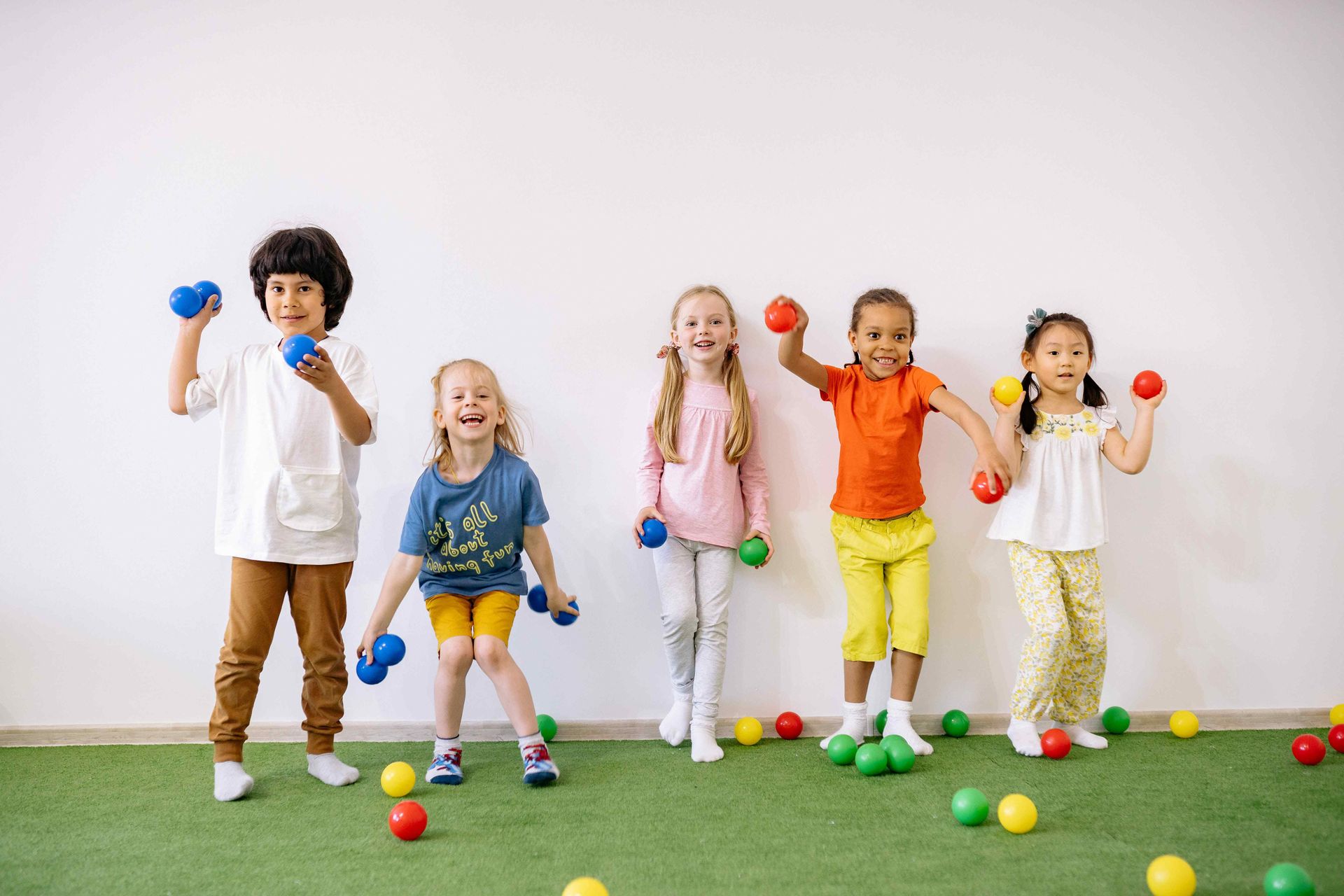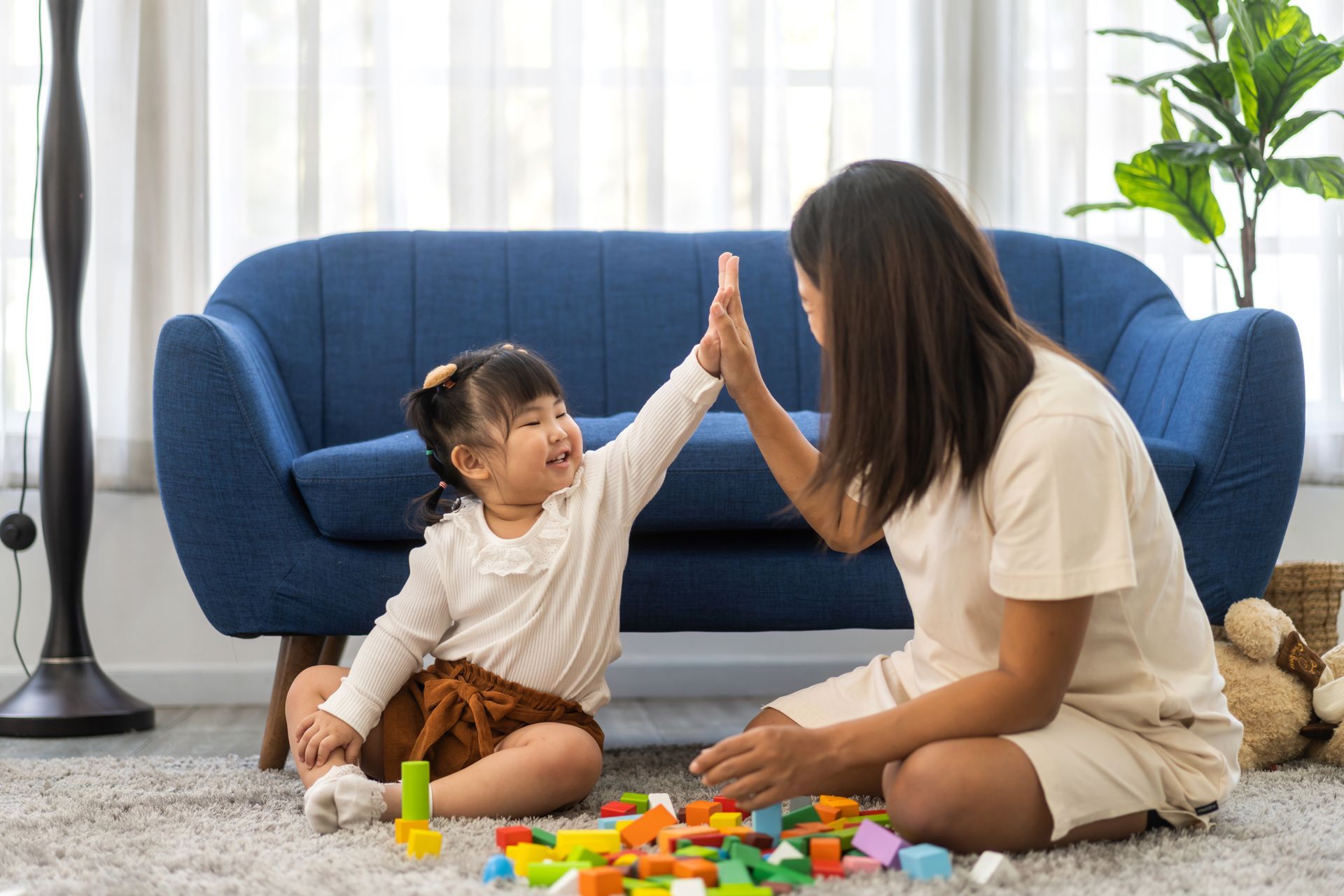Quick Tips on Potty Training for Parents of Children with Autism
Caring for a child with autism comes with many different challenges, particularly when your child is learning new things. It is not easy to teach children how to use the toilet, but potty training for children with autism will often take extra time, patience, and understanding.
We are going to explore a quick introduction on potty training for children with autism to help you understand what you need to know and where you can turn if you’re looking for help.
How Do You Potty Train?
It’s important to be aware that every child on the autism spectrum is unique, and will have their own needs and barriers when it comes to learning how to use the toilet. With that being said, potty training for children with autism can be easier with assistance from an expert. Talk to your child’s BCBA for help in this area. There are also private clinical psychologists who specialize in potty training.
Turn to your pediatrician for referrals to specialists.
Take Things Step By Step
You might already know that rushing into things is not going to give you much success – and this is particularly true when you are potty training. The most important thing to consider is whether your child is developmentally ready for potty training. Consider whether your child has body awareness and tackle larger gross motor planning deficits first (siting down and standing up).
You will also need a clear structure that you are going to stick to, and you need to be as consistent as possible, even when things are tricky.
It’s best to start the process when you have lots of time and support and as few other commitments or distractions as possible. Remember to increase your child’s fluid intake to improve opportunities for success.
When it’s time to swap from diapers to underwear, make sure to maintain a positive approach. Let your child feel what “dry” is like and explain that it is good for underwear to stay dry. Then, you can start setting the timer and taking them to the toilet on regular intervals-this may be every 20 minutes or every 30 minutes. Remember to meet your child where your child is at and most importantly, avoid making the bathroom experience a negative one.
Give your child loads of positive reinforcement when underwear is still dry, and do not get upset when accidents happen! Remind your child of what the goal is, and stick to the routine. When successful, don’t forget to mark it on your chart and give your child a reinforcement treat.
Getting Started: Prepare Your Supportive Tools
Having the right tools in your toolbox may well make all the difference, and you won’t always know which ones are going to be the most helpful before you get started. As a parent, you will already have an idea of what might be most motivating for your child. Motivation and patience is the key to success. Remember, your child must be ready for potty training. Here are some tools found to be useful for potty training, especially for children with autism.
- Timers and a chart can help you build a routine
- Potty seats to improve comfort and stability
- A social story to help explain what is going to be happening (ask your child’s ABA therapist for speech therapist for help)
- Decorate your child’s bathroom with his or her favorite cartoon characters, keep bubbles on hand, and other easy toys for you and your child to play with while passing the time.
- An activity basket full of things your child enjoys, to keep entertained while in the bathroom
- Special reinforcement treats for when your child is successful
- Apps like “See me Go Potty”
- Books for children “P is for Potty”
- Resource books for Parents
You may also consider having lots of exciting new underwear that your child will hopefully be happy to put on, and want to keep clean and dry!
Where Can I Get Help?
No one should have to tackle these challenges alone, and there are many support programs and therapeutic methods that you can turn to for help. Applied behavior analysis therapy, for example, is designed to increase helpful behaviors and decrease those that are harmful or are barriers to learning – and it can be particularly effective for potty training.
If you’re looking for an autism center in the north Atlanta area, that specializes in ABA therapy and one that can help you and your child with potty training, the Therapy and Learning Center of Georgia is a resource. We are one of the most highly trusted services for ABA therapy in Georgia with an experienced, compassionate team that is dedicated to helping children and their families to thrive.






